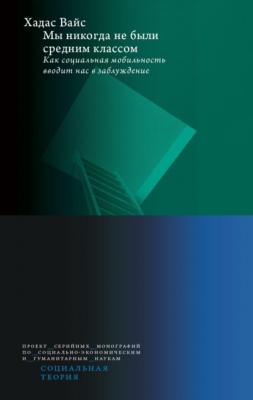Мы никогда не были средним классом. Как социальная мобильность вводит нас в заблуждение. Хадас Вайс
Читать онлайн.| Название | Мы никогда не были средним классом. Как социальная мобильность вводит нас в заблуждение |
|---|---|
| Автор произведения | Хадас Вайс |
| Жанр | Зарубежная образовательная литература |
| Серия | Социальная теория |
| Издательство | Зарубежная образовательная литература |
| Год выпуска | 2019 |
| isbn | 978-5-7598-2415-2 |
Конец ознакомительного фрагмента.
Текст предоставлен ООО «ЛитРес».
Прочитайте эту книгу целиком, купив полную легальную версию на ЛитРес.
Безопасно оплатить книгу можно банковской картой Visa, MasterCard, Maestro, со счета мобильного телефона, с платежного терминала, в салоне МТС или Связной, через PayPal, WebMoney, Яндекс.Деньги, QIWI Кошелек, бонусными картами или другим удобным Вам способом.
